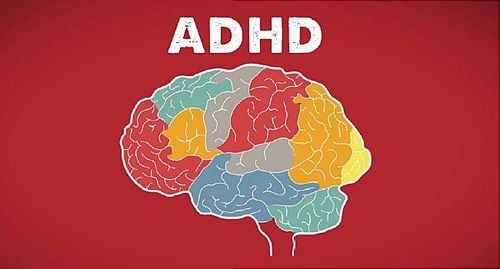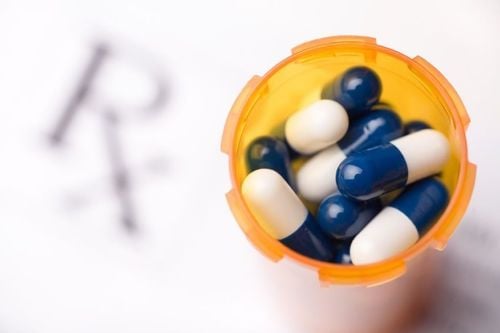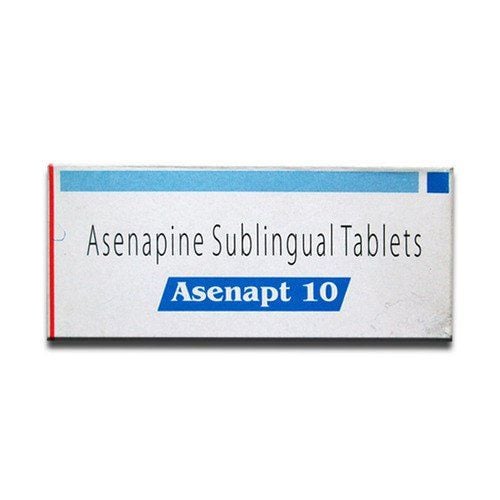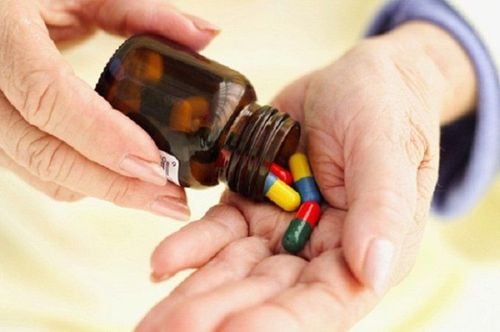This is an automatically translated article.
Attention deficit hyperactivity disorder is one of the most common neurodevelopmental disorders in children. It is usually first diagnosed in childhood and often persists into adulthood. Children with ADHD may have trouble paying attention, controlling impulsive behaviors, may act without thinking about what the outcome will be, or be overactive.1. What is Attention Deficit Hyperactivity Syndrome?
Attention deficit hyperactivity disorder (ADHD) is a brain disorder that affects the way you pay attention, sit still, and control your behavior. It occurs in children and adolescents and can continue into adulthood.Attention deficit hyperactivity disorder is the most commonly diagnosed mental disorder in children. Boys are more likely to get this disease than girls. It is often discovered during the early years of school, when a child begins to have attention problems.
ADHD cannot be prevented or cured. But early detection, plus a good treatment plan and education, can help a child or adult with ADHD manage its symptoms.
2. How to know if a child has attention deficit hyperactivity disorder?
Is the child in constant motion? Does the child talk non-stop? Or have trouble concentrating and like to daydream? Children with these symptoms may have attention deficit hyperactivity disorder (ADHD).According to the National Institute of Mental Health (NIMH) this disorder usually begins between the ages of 3 and 6. And it's not just a childhood illness. ADHD can continue into the teen years and into adulthood.
There are three types of attention deficit hyperactivity disorder, including:
Inattention: Difficulty concentrating, difficulty following instructions, and difficulty completing tasks. Hyperactive - impulsive: Constantly moving, talking excessively and interrupting others. A combination of the two: The child has symptoms of both inattention and hyperactivity-impulsivity.

Hội chứng tăng động giảm chú ý là rối loạn không thể ngăn ngừa hay chữa khỏi
3. Diagnosis of Attention Deficit Hyperactivity Syndrome
According to the Centers for Disease Control and Prevention (CDC), studies show that the number of children diagnosed with ADHD continues to increase. About 11% of children ages 4 to 17 (6.4 million) had been diagnosed with ADHD as of 2011, up from 7.8% in 2003, according to the CDC.Child psychiatrist Tiffany R. Farchione, who reviews drugs at the US Food and Drug Administration (FDA) to treat ADHD, says that increase may be due to perception community about mental disorders and illnesses in general.
Boys (13.2%) are more likely to have been diagnosed with ADHD than girls (5.6%). Boys also have a hyperactive-impulsive pattern, which is easier to spot than quiet, inattentive kids, says Farchione.
If you suspect your child may have ADHD, see your family doctor or pediatrician. Children should also check their vision, hearing, and anything else that may be contributing to ataxia. The doctor may diagnose ADHD or refer the child to a mental health professional for evaluation.
4. Coping with Attention Deficit Hyperactivity Disorder
The FDA has approved two drugs, stimulants and non-stimulants, to help reduce symptoms of ADHD and improve functioning in children younger than 6 years of age.Farchione says it sounds counterintuitive, but despite their name, stimulants, which are high in methylphenidate and amphetamines, actually work to calm kids with hyperactive ADHD. They are thought to increase levels of dopamine in the brain - a neurotransmitter involved in motivation, attention, and movement.
The FDA has also approved three nonstimulants to treat symptoms of ADHD, including:
Strattera (atomoxetine) Intuniv (guanfacine) Kapvay (clonidine). These substances provide a useful alternative for children who do not tolerate stimulants well. Talk to your health care professional about what medications may be best for your child.
In addition to medication, some children with ADHD receive behavioral therapy to help manage symptoms and provide additional coping skills. Furthermore, parents can contact their child's schools and community support groups for information and guidance on how to deal with ADHD behavior.
5. Check the effects of ADHD medication in children
FDA-approved drugs currently on the market have been tested for safety and effectiveness in clinical trials in children 6 years of age and older. But with several drugs already approved and on the market, the FDA is now requiring clinical trials with child participants ages 4 to 5.Medications for ADHD are being prescribed to younger children, and experts say data from clinical studies that reflect safety and effectiveness for this age group is needed.
If left untreated, ADHD can have serious consequences. According to the American Institute of Adolescent and Child Psychiatry, a child can fall behind in school, have difficulty with friends, and have conflict with parents.
Studies show that children with untreated ADHD go to the emergency room more and are more likely to self-injure than children who receive treatment for the disorder. Teens with untreated ADHD are more likely to take risks, such as drinking and driving. And they're twice as likely to have car accidents as those who get treatment.

Có thể điều trị rối loạn tăng động giảm chú ý bằng thuốc và liệu pháp hành vi
6. Adults and Attention Deficit Hyperactivity Syndrome
Studies show that about 4% of adults may have ADHD. In adults, the symptoms are the same as in children but may present slightly differently. Adults with ADHD may have poor time management skills and have trouble multitasking, become restless with little downtime, and avoid activities that require long-term concentration.A diagnosis of adult ADHD is made only when it is known that some of the symptoms were present early in childhood, usually under the age of seven.
For some adults, a diagnosis of ADHD can bring a sense of relief. Getting a diagnosis allows adults to understand the reasons for their problems and treatment can help them deal with challenges more effectively.
If you have a need for consultation and examination at Vinmec Hospitals under the nationwide health system, please book an appointment on the website for service.
Please dial HOTLINE for more information or register for an appointment HERE. Download MyVinmec app to make appointments faster and to manage your bookings easily.
References: fda.gov, webmd.com, cdc.gov












